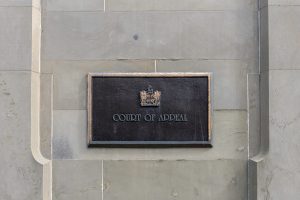News & Events
Our resources are here to keep you informed of the latest legal updates and information about intellectual property. All our resources give general guidance; if you require specific legal advice, please get in touch with a member of our team.

Contact Maucher Jenkins
Our IP attorneys and staff in London are trained in searching and watching, filing and prosecution of our clients’ intellectual property.












